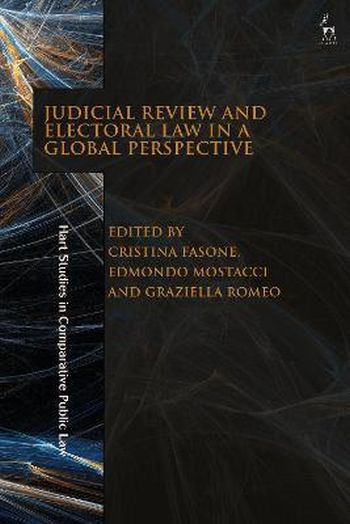
This book explores the democratic underpinning of electoral systems and their evolution, as well as the methodological choices that constitutional judges are confronted with when managing electoral legislation.
It presents a review of the case law in 13 legal systems, across North and South America, Africa, Asia, and Europe, identifying the underlying concept of democracy which courts seek to advance. The authors critically discuss the ideas of democracy that can be detected in each jurisdiction, their drivers, including the use of constitutional borrowing, and the effects of the judgments on the relationship between courts, representative institutions, and voters.
The book looks in detail at judicial scrutiny and asks:
Until now, scholars have focused their attention on a few countries and on selected judgments, such as the US Supreme Court's landmark decision in Citizens United v FEC. This book offers a comparative reading of the issue by analysing how the circulation of models and arguments between judges has triggered the progressive overcoming of a traditionally deferent approach towards electoral norms, which still survives in a few jurisdictions.